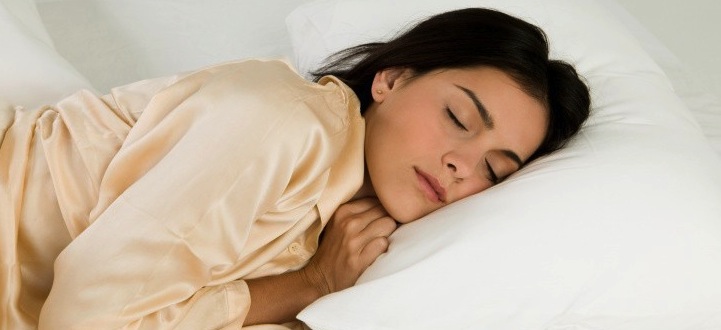Don’t think you need sleep? What if we told you it boosts brain cell numbers

Scientists at the University of Wisconsin believe they have discovered a new reason why we need to sleep – it replenishes your brain cells.
The research, published in the Journal of Neuroscience, showed that sleep ramps up the production of cells that go on to make an insulating material known as myelin which protects our brain’s circuitry.
In contrast, when the mice were forced to stay awake the cells went into stress response or died.
This is not the first piece of research showing that sleep can actually make you smarter.
A 2004 German study was one of the first to provide hard evidence supporting the common notion that creativity and problem solving appear to be linked to adequate sleep.
However, scientists are still unraveling the precise mysteries of why we sleep.
We are well aware of the effects of not getting enough sleep such as increased accident risk and increased risk of diseases such as diabetes, but we are still a long way from figuring out what happens to our bodies when we sleep.
Tips on how to get a quality nights sleep – from Psychology Today
- Go to sleep at about the same time each night and wake up at the same time each morning
- Try not to nap after 4 o’clock
- Perform relaxing activities in the hour before bedtime – try meditation
- Avoid doing stimulating, frustrating or anxiety provoking activities in the bedroom such as watching television or studying
- Limit alcohol, especially before bedtime
- Avoid caffeine after noontime
Interested in learning more about data-driven fatigue management?
or download our free eBook on the Science of Sleep for industrial workforces